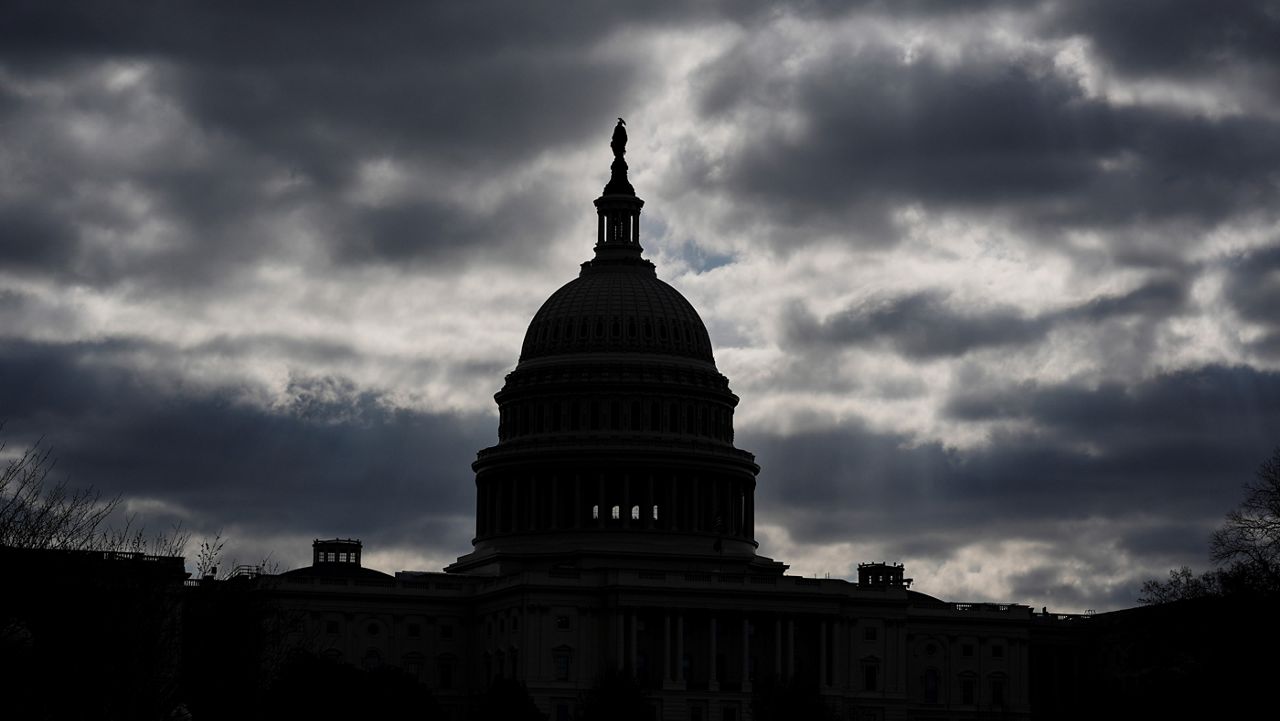FEC wants to allow campaigns to pay for security amid rise in threats
Threats against Congress members rose eightfold since 2016. The Federal Election Commission (FEC) has proposed a new rule allowing candidates seeking federal office to use campaign funds for security. This comes as threats against politicians have increased in recent years. Previously, the FEC had interpreted existing rules to allow campaigns to spend funds on security on individual basis, but campaigns had to request permission each time. If approved, this would make campaigns more free to use donor dollars for security for candidates and their families. The proposed rule would clarify previous advisory opinions allowing for personal security details, home security systems, upgrades to windows at their residences, and cybersecurity enhancements. However, it would only allow the use of campaign funds to cover ongoing threats or threats that would not exist if the candidate was not running for office or serving as an elected official.

Diterbitkan : sebulan yang lalu oleh Joseph Konig di dalam Politics
The Federal Election Commission on Wednesday proposed a new rule that would allow candidates seeking federal office to use campaign funds to pay for security as threats against politicians have risen in recent years.
Previously, the FEC has interpreted existing rules as allowing campaigns to use funds for security on an individual basis, but campaigns needed to ask the commission for permission each time. Now, if the rule is approved, campaigns would be explicitly granted permission under federal law to use donor dollars on security for candidates and their families.
“It's a dangerous world out there. And over the last decade, it has become increasingly more dangerous for federal candidates and members of Congress,” FEC chair Sean Cooksey, a Republican, said during a meeting of FEC commissioners. “For democratic government to function, candidates and officeholders need to be able to run for office and exercise their responsibilities without the fear of threats or physical harm to themselves or to their families. It's a basic requirement to maintain public order.”
While major presidential and vice presidential candidates, as well as former presidents and vice presidents, receive Secret Service protection and some members of congressional leadership get their own Capitol Police security details, most members of Congress and candidates do not receive federal protection unless there are outstanding circumstances.
Cooksey cited high-profile cases of violence targeting elected officials, including the shooting of Arizona Rep. Gabrielle Giffords in 2011, the shooting at the congressional baseball practice in 2017 and the home invasion last year that left Paul Pelosi, the husband of Speaker Emerita Nancy Pelosi, hospitalized after an attack by a hammer-wielding assailant.
But he also noted that the U.S. Capitol Police worked over 8,000 threat cases against members of Congress in 2023, an eightfold increase since 2016. Members of Congress have been subject to death threats and “swatting” hoaxes. Sen Mitt Romney, R-Utah, said in a biography published last year he has, for years, paid $5,000 a day for personal security for him and his family.
In an interview with Politico, Cooksey described the proposed rule as one that addresses “an issue of wealth disparity,” arguing not every candidate or official would be able to shell out thousands to protect themselves and their loved ones.
“Wealthy candidates and wealthy members of Congress will always be able to pay for their own security. There has never been a limitation on that,” he said. “It is more middle-class and working-class members of Congress and candidates who are put in the position of making a choice of risking their safety, or their families’ safeties, in order to try to run for federal office.”
The new rule would codify previous advisory opinions from the FEC, which allowed the hiring of personal security details, home security systems, upgrades to windows at their residences and cybersecurity enhancements. If put in place, instead of having to ask for permission in individual cases, the rule would give broad leeway to campaigns to use their coffers to pay for “reasonable costs of security measures.”
However, it would only allow use of campaign funds for security measures “that address ongoing dangers or threats that would not exist” if the candidate was not running for office or serving as an elected official.
The FEC is now seeking public comment on the rule, which can be submitted on the commission’s website over the next two months.
In a January speech, Attorney General Merrick Garland said that in the latter half of 2023, the DOJ investigated and charged individuals who made violent threats against presidential candidates, members of Congress, a Supreme Court justice and other federal judges, members of the military, FBI agents and election workers.
“This is just a small snapshot of a larger trend that has included threats of violence against those who administer our elections, ensure our safe travel, teach our children, report the news, represent their constituents, and keep our communities safe,” Garland said. “These threats of violence are unacceptable. They threaten the fabric of our democracy.”
